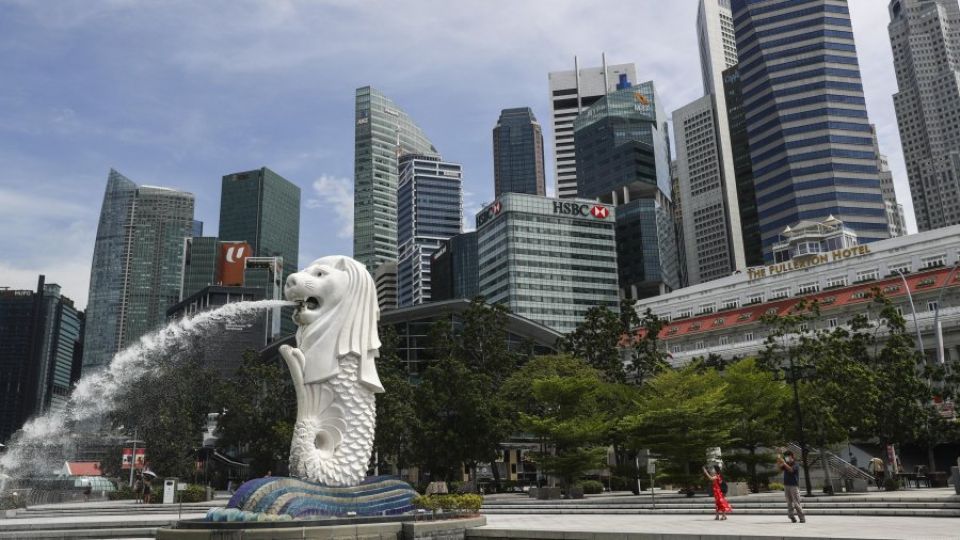June 21, 2023
SHANGHAI – The cost of living has been increasing for consumers across the world over the past 12 months, as the prices for goods and services increased by 13 percent on average in local currencies and by 6 percent if measured in US dollars, according to the global wealth and lifestyle report released by wealth management group Julius Baer on Tuesday.
The rising cost of living is largely due to prolonged high inflation worldwide amid surging prices of raw materials, energy, fuel and staffing, said Julius Baer experts.
For the fourth year in a row, Asia remains the costliest region to live in. In terms of global city ranking, Singapore this year became the most expensive city to live comfortably, while it ranked fifth a year ago, according to Julius Baer.
Shanghai, which topped the ranking in 2022, came second this year. Hong Kong came third in the latest edition of the report, while it ranked fourth one year earlier.
Residential property is in extremely high demand in Singapore, and punitively taxed cars and essential health insurance are priced 133 percent and 109 percent higher than the global average respectively.
“Long considered liveable, stable and cosmopolitan, Singapore is now vying to become a leading global center for the wealthy. Determined efforts in financial regulation and government policy to attract high net worth individuals are clearly paying off with a doubling of family offices by the end of 2022 compared to the previous year,” said Mark Matthews, head of research for Julius Baer Asia Pacific.
Although Shanghai remains an expensive city, average prices in the local currency rose only 3 percent over the past year. This can be partly attributed to the impact of the pandemic. However, Shanghai was the priciest city for business class flights and degustation dinners last year, according to the report.
Prices in luxury consumables have also gone up. Wine prices reported the biggest year-on-year increase of 17.23 percent over the past 12 months, followed by whiskey (16.15 percent) and hotel suites (15.25 percent). This was mainly due to the dramatic increase in consumer demand over the past few months.
Price increases in premium goods and services underpin the fact that wealthy consumers need to achieve a high single-digit investment return denominated in stable currencies to preserve their wealth, said Christian Gattiker, head of research for Julius Baer.
Looking at the financial habits of high net worth individuals globally, people are investing more, which, as Julius Baer experts explained, is perhaps a reflection of post-pandemic uncertainty. Again, Asia-Pacific is in a leading position, with 73 percent of the respondents in this region directing more of their capital to investments.


